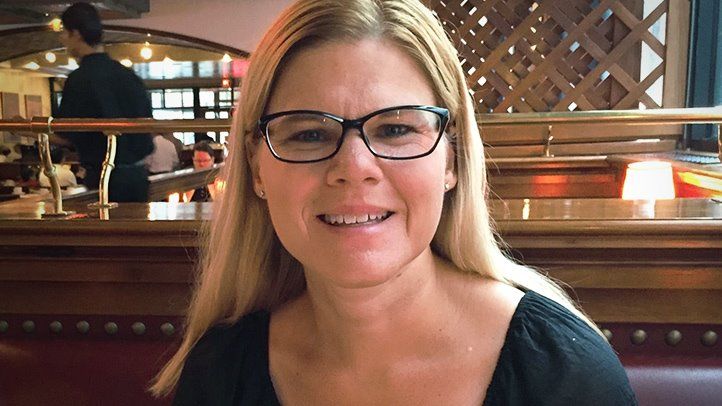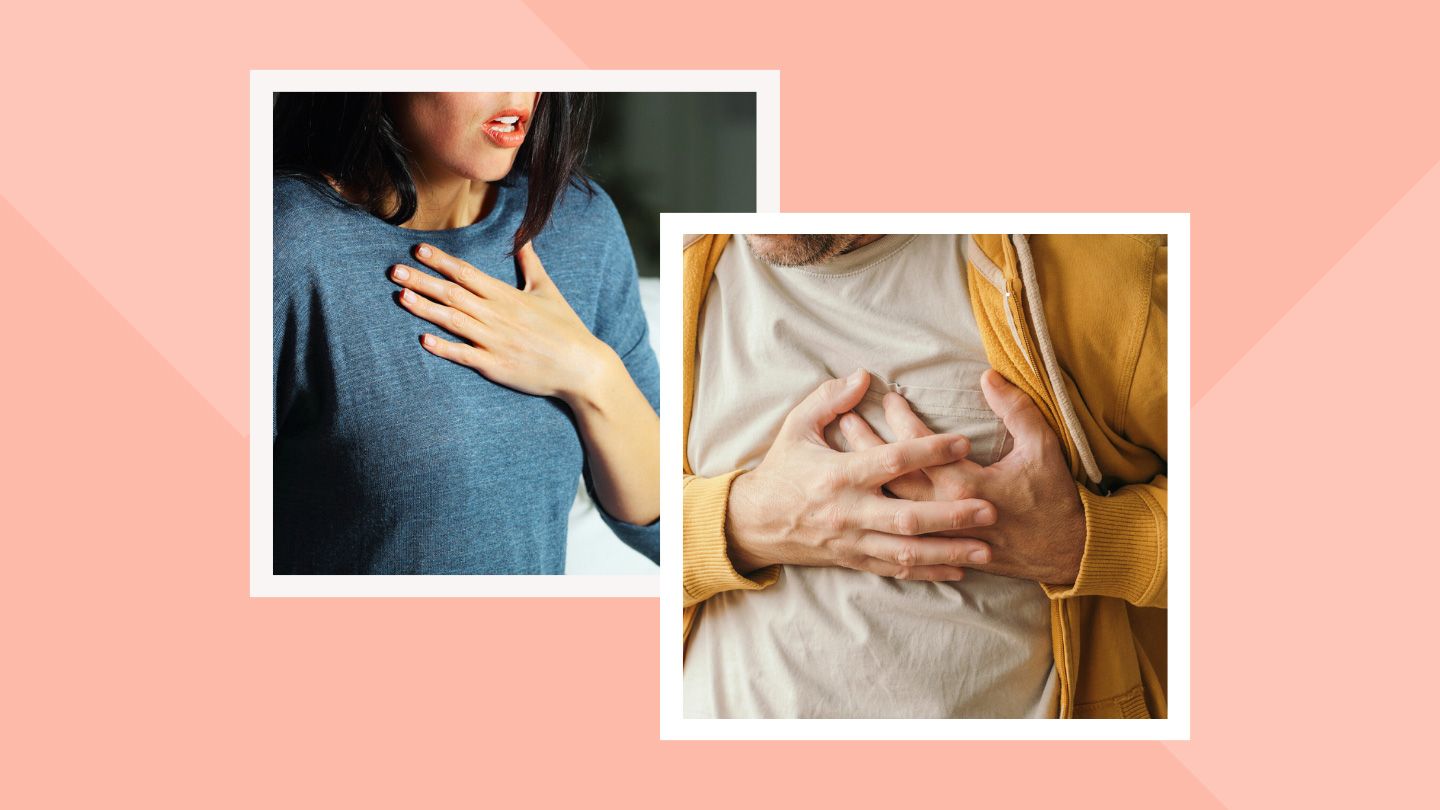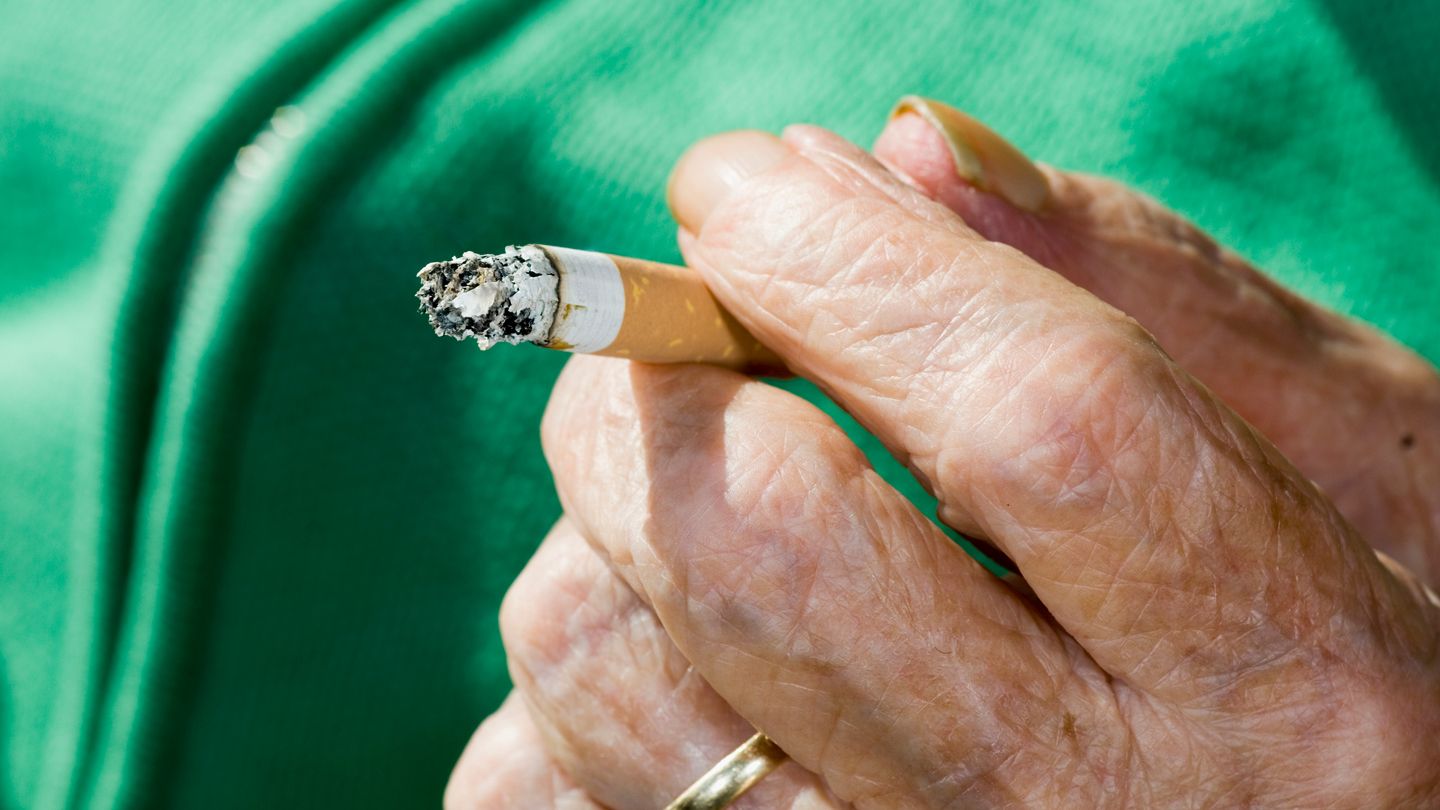What To Do If You're Alone When Experiencing a Heart Attack
Having a heart attack is always scary, but it can feel even more frightening if you're alone when it happens. Unfortunately, many heart attacks do occur when the person is by themselves. Knowing what warning signs to look for and how to respond can greatly improve your chances of survival and recovery if you suffer a heart attack when you're alone.
Be Aware of Early Warning Signs
The first step is educating yourself on the early signs of a heart attack even before one strikes. While chest pain or discomfort is the most common heart attack symptom, there are other clues your body may provide:
- Shortness of breath
- Nausea or vomiting
- Stomach pain
- Sweating or chills
- Lightheadedness or dizziness
- Fatigue or weakness
- Pain that radiates to the arm, neck, jaw, back or stomach
Pay attention if you experience any unusual symptoms, especially if you have heart disease risk factors. Don't brush it off thinking you just overdid it or ate something bad. It's better to be safe and have it checked out.
Act Quickly At the First Signs
If you start exhibiting heart attack symptoms, it's crucial to act right away and not downplay them since you're alone. Time is critical for surviving a heart attack with limited damage. Follow these steps if you think you're having a heart attack with no one around:
- Call emergency services. Don't delay; call 911 even if you're unsure it's a heart attack. Paramedics can administer lifesaving treatment soon after symptoms start.
- Take aspirin. Chewing an aspirin helps thin the blood and reduces clotting. Take 325 mg unless you have an allergy or bleeding disorder.
- Sit down and rest. Avoid extra physical exertion which could worsen symptoms. Sit or lie down in a comfortable position.
- Follow emergency dispatcher instructions. Paramedics can advise you over the phone while they head your way.
- Unlock entry doors so EMTs can access you faster. Lie close to an entry if you can.
- Notify emergency contacts. If possible, call a family member or friend to let them know what's happening.
Stay as calm as possible and focus on taking it easy until medical help arrives. Your chance of survival goes up the quicker you get treatment.
Know How To Give Self CPR If Needed
In a worst case scenario, a heart attack when alone can lead to cardiac arrest where the heart stops beating entirely. This cuts off blood flow to the brain and other vital organs. Death can occur within minutes without treatment.
If you go into cardiac arrest with no one around, you may need to perform CPR on yourself until paramedics get there. This involves:
- Placing your hands centered over your heart.
- Doing forceful chest compressions at 100-120 per minute until help arrives.
- Calling 911 if you lose consciousness so they can coach you through CPR.
Take a CPR class so you know the proper technique. Hands-only CPR can be lifesaving in an emergency where every second counts. Many mobile apps also provide virtual CPR instruction and assistance.
Have Emergency Response Tools Handy
Preparing ahead of time for a heart emergency can really help if you end up alone when it strikes. Keep these items readily available in your home or on your person:
- Mobile phone - To call 911 even if you can't speak, just leaving the line open alerts them.
- Extra aspirin - In easy to access places like your purse, car, nightstand, etc.
- Emergency call button - Wearable devices let you quickly reach 911.
- AED (Automated External Defibrillator) - Can revive you from cardiac arrest until EMTs arrive.
- Unlocked doors and cleared entryways - Allows responders to reach you faster.
- ICE contacts in your phone - Numbers for "in case of emergency" loved ones.
Knowing you have the tools to call for help in time and administer self-care can provide crucial peace of mind.
Reduce Your Risk Through Prevention
While knowing how to respond to a heart attack alone is critical, the ideal scenario is preventing one in the first place. Many heart attacks can be avoided by proactively managing risk factors through lifestyle approaches like:
- Maintaining a healthy weight
- Exercising regularly
- Eating a balanced, nutritious diet
- Quitting smoking
- Limiting alcohol
- Reducing stress
Work closely with your doctor to control other conditions that can lead to heart disease such as:
- High cholesterol
- High blood pressure
- Diabetes
Getting symptoms evaluated promptly and taking prescribed heart medications as directed is also critical. Listen to your body and prioritize cardiovascular health.
Coping Emotionally After Surviving a Heart Attack Alone
Enduring a heart attack by yourself can be traumatic both physically and emotionally. Even after surviving, you may struggle with fear, anxiety, depression or PTSD symptoms.
Be gentle with yourself during the healing process. Don't bottle up feelings - share them with loved ones and your medical team. Consider counseling to process the experience. Join a cardiac rehab program for support. Let yourself fully recover without taking on too much.
Focus on the positive like spending more time with family, forming healthier habits, and finding purpose. Be proud of how you acted quickly and followed emergency advice which saved your life. Know that you can get through anything with courage and grit.
Lean on Loved Ones During Your Recovery
Don't isolate yourself after your cardiac event. Spend time with close family and friends who can offer encouragement and reassurance. Let them take care of tasks like cooking, driving and housework so you can rest.
If you live alone, consider having a loved one stay with you temporarily after getting discharged from the hospital. This provides both physical assistance and emotional comfort during the difficult transition home.
Open up to loved ones about your experience if you're comfortable. Talking it through can help relieve negative feelings and flashbacks. They want to listen and help you heal.
Join a Cardiac Rehab Program
Cardiac rehab programs provide customized support based on your heart condition. Under medical supervision, you'll participate in monitored exercise sessions to rebuild stamina. Educational classes teach positive lifestyle changes for better health.
Perhaps most importantly, cardiac rehab connects you to others going through recovery. You can share tips, concerns, and encouragement in a group setting. Knowing you're not alone is powerful.
Consider Counseling for Anxiety Relief
If anxiety, depression or PTSD make it difficult to resume normal activities, seek professional counseling. A therapist can help you process trauma, try relaxation techniques, and develop coping strategies.
Cognitive behavioral therapy and exposure therapy are very effective for overcoming fear and anxiety stemming from a traumatic health event. Medications may also be prescribed in more severe cases.
Focus on Self-Care and Stress Management
Make self-care an everyday priority after a heart attack to aid healing. Get plenty of rest, eat nutritious meals, stay hydrated and avoid strenuous tasks. Make time for enjoyable hobbies and connect with nature.
Adopt stress management habits like meditation, yoga, deep breathing and journaling. Avoid unnecessary stress when possible
FAQs
What are the early signs of a heart attack?
Common early signs include chest pain/discomfort, shortness of breath, nausea, sweating, lightheadedness, and pain radiating to the arms, neck, jaw, back or stomach.
What should you do first if alone during a heart attack?
Call 911 immediately and chew an aspirin if available. Follow dispatcher instructions and unlock entry doors. Avoid exerting yourself.
When should you do hands-only CPR during a heart attack?
If you go into cardiac arrest with no pulse, perform repeated chest compressions at 100-120 per minute until paramedics arrive to try to revive you.
What emergency items should you have on hand?
Have aspirin, a mobile phone, AED, unlocked entryways, emergency call button, and ICE contacts readily available in case of a heart emergency.
How can you emotionally recover after a heart attack alone?
Talk to loved ones, join a cardiac rehab program, get counseling if needed, practice self-care, and don't isolate yourself during the healing process.
Disclaimer: This article is for informational purposes only and does not constitute medical advice. Always consult with a healthcare professional before starting any new treatment regimen.
Related Coverage
Suffering a heart attack when alone can be frightening. Know the warning signs and how to respond quickly by calling 911, taking aspirin and doing hands-only CPR....
Learn to recognize signs like constant criticism, refusal to compromise, and passive aggression that may indicate you're romantically involved with a difficult woman....
Continuing to smoke after receiving a coronary stent leads to a higher risk of restenosis, heart attacks, premature stent failure, and death. Quitting improves outcomes....
For heart attack first aid, dial 911, keep them calm, chew a 300 mg aspirin if safe, and prepare for CPR or an AED....
If a heart attack hits, sit or lie with knees bent and head supported. This heart attack position reduces strain and buys vital time....
Wondering if a sudden smell burnt toast means a heart attack? Learn the real causes, when to worry, and how to get proper care....





